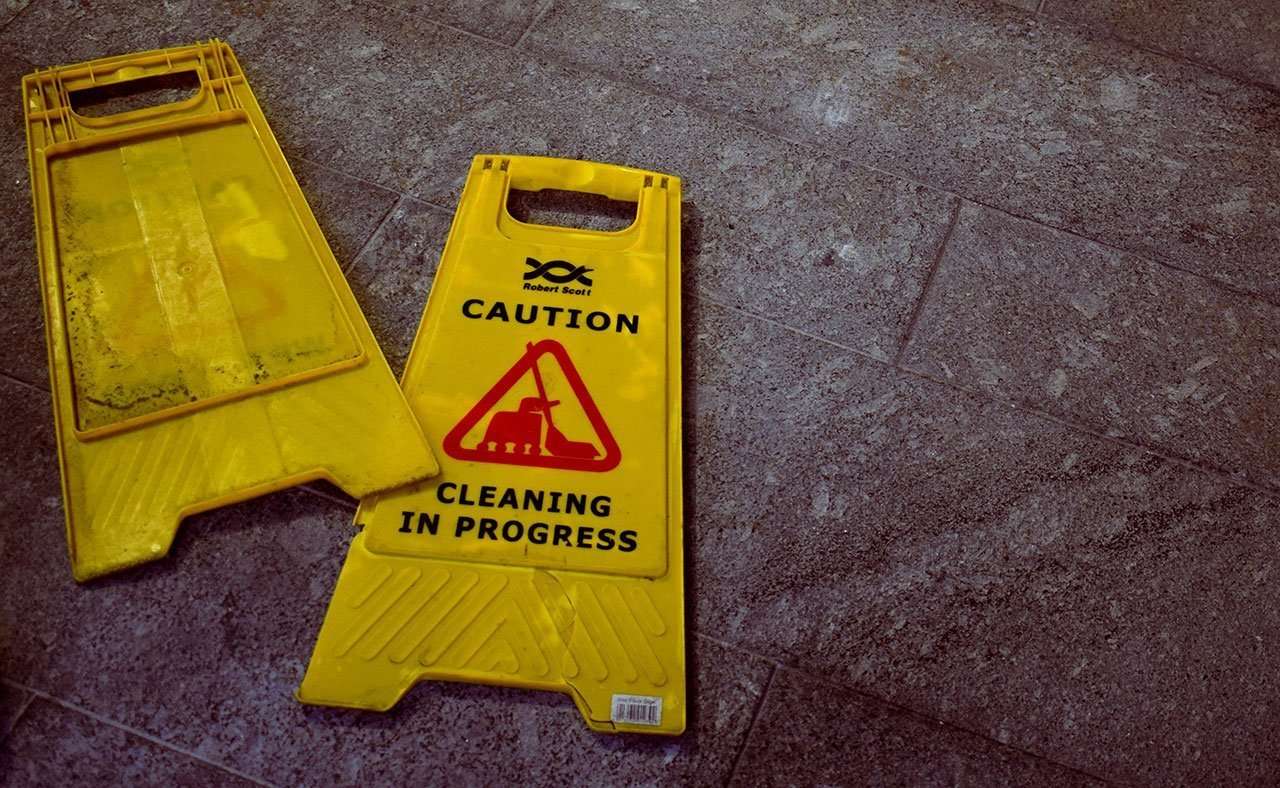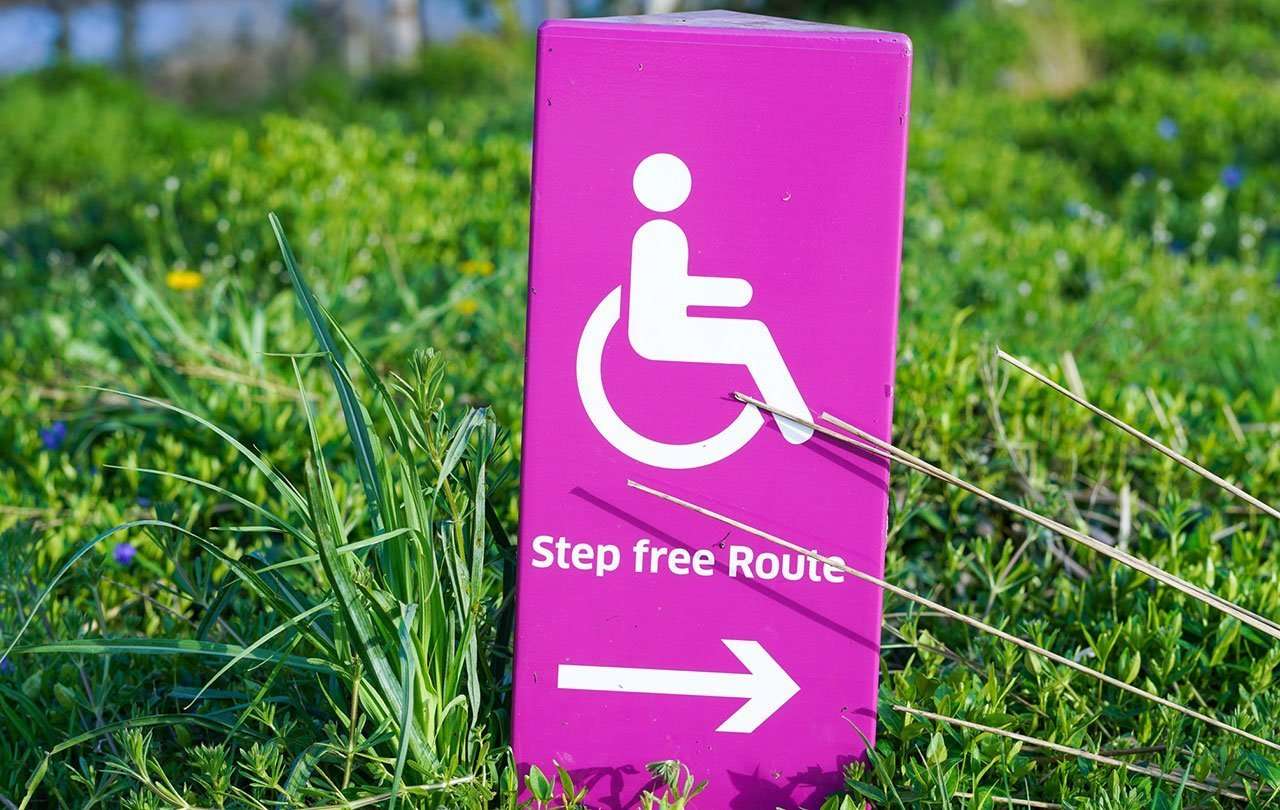Compliance in business refers to following the relevant laws and regulations for your industry. That means more than just the basic rules about taxes and accounting. Depending on what industry you work in, you might have to comply with large, complex sets of laws that have a significant impact on your operations.
Health
Almost everyone working in an industry connected to healthcare has heard of HIPAA. HIPAA stands for Health Insurance Portability and Accountability Act. It is a wide-ranging set of regulations designed to protect the identity and privacy of people who use medical care. They require doctors, hospitals, insurance companies, and other entities that work with personal health information to be extremely careful about how they store that information and who they allow to access it.
Violations of the laws can have serious consequences from massive fines and criminal charges for individuals as well as institution-wide penalties that can lead to bankruptcy. For that reason, any company or nonprofit that is governed by the regulations has to devote a serious amount of resources to training workers to comply with the rules and making big investments in security, as well as having a legal counsel available in case anything happens.

Maintaining the compliance definition for these laws requires constant, active vigilance. The risks of a data breach or exposure are some of the most important problems that a health-care company will face. These can manifest in unexpected ways. For example, your company might be liable and responsible for the security problems at a vendor you use if they have access to protected health information. The penalties and impact of violations will depend in part on the amount of data that was exposed and the nature of the exposure. In the age of electronic medical records, the potential costs of the exposure of hundreds or thousands of patients necessitate tight oversight and extreme care.
Safety on the Job
In contrast, OHSA, or Occupational Health and Safety Administration, is a broader regulatory regime that oversees the working conditions for American companies and covers most American workers. For many industries, OSHA can take very different forms. Since it is designed to help protect workers from physical safety concerns, it plays a major role in setting the ground rules for how workers will do their jobs in construction, mining, and other physically risky tasks.

For those industries complying with the law is a day-by-day requirement. In other settings, like corporate office jobs, threats to the physical safety of workers are minimal. There might be regulations and codes for safe designs for offices and managing fire safety, but the daily impact on operations and procedures is much lower. A lawyer or company officer that you hire to help you navigate these challenges should be familiar with how occupational safety regulations would apply to your specific business. Since the applicable laws might be highly detailed and specific, it is difficult for one person to manage OSHA requirements for a whole company. Companies that have to deal with occupational safety rules may be inspected to make sure you are following those rules.
Access
The Americans with Disabilities Act, or ADA, is another broad and complex set of rules covering American workplaces. The ADA makes it illegal to discriminate based on disability. In practice, that involves everything from wheelchair accessibility and service animal policies to facilitating the consumption of medication.
You may be interested: ADA, the best serious game for compliance and onboarding training
ADA compliance is proactive- you must follow some rules even if there is no one working in your company with a certain disability. In general the ADA requires that you make “reasonable accommodations” for disabled workers as well as customers. It can affect everything from the layout of a store to the font choices on your website.
The original legislation for the ADA rules was passed in 1990 and in 2008 the government updated and broadened the ADA so that more people could be covered. An ADA compliant business has made accommodations for access by disabled persons and is noncompliant if they are found to have failed to create such an accommodation, or if they refuse to create one when a disabled person requests it.

Compliance Meaning
These are just a few of the many laws governing how businesses in the US can operate. Being compliant protects the business against lawsuits and penalties that could range from a minor distraction to an existential threat. Staying in compliance is, therefore, a crucial aspect of risk management.
You may be interested: Q & A Donald H Taylor: All you need to know about the new trends in training and development
You need to be prepared to learn about the relevant laws and have a plan to become compliant or remain compliant. If you don’t, you may be given a warning to make a particular change so that you can avoid a negative impact, but this is not guaranteed. Moreover, the process of dealing with becoming compliant will be a significant distraction and will cost money in legal fees to work out all the issues. Your safest move is to be proactive and knowledgeable about any and all regulations governing your particular company and to stay up to date on changes or new laws that might come around in the future.





